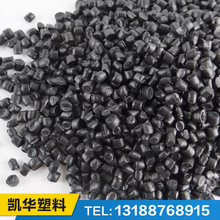
Within the linings of our guts, immune cells patrol like sentries on a castle wall. These cells, called intraepithelial T lymphocytes, are constantly probing the cells of the gut barrier for signs of disease, killing any cells that appear suspect due to infections or cancer mutations.
A new paper published in Science Immunologyon Friday suggests that a subtype of T cells called gamma-delta T cells may be key to that process — and that a protein known as TCF-1 is central to controlling their actions. The work, led by Australian researchers, helps unlock the long underappreciated role of these cells in cancer defense and could open new directions for developing immunotherapies for colorectal cancer, immunologists said.
advertisement
Gamma-delta T cells have been “largely understudied” compared to their immune counterparts, alpha-beta T cells, said Ana Carrizosa Anderson, a cancer researcher at Harvard University who did not work on the study. “This study certainly helps cement the role of gamma-delta T cells in colon malignancy,” she said. “I think it provides a foundation for building understanding of some basic biology or some therapeutic approaches.”

Get unlimited access to award-winning journalism and exclusive events.
Subscribe Log In














